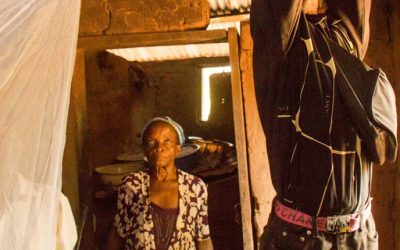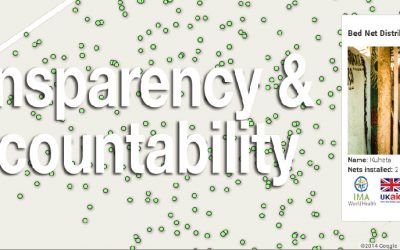ASSP
Access to primary health care project | Accès au Soins de Santé PrimaireABOUT ASSP
The Access to Primary Health Care program, known locally as ASSP, uses a health systems strengthening approach. ASSP collaborates with the Ministry of Health, or MOH, at the national and provincial levels, giving focused support to health zones, health facilities, and community levels. In addition, IMA and its partners ensure that more than 75% of the project resources are concentrated within the health zones. In other words, the majority of funds pay for programs that provide for service delivery, empowerment, accountability and capacity building of local community service organizations, partners and MOH representatives.
The project supports 9.7 million people across 52 health zones.
ASSP works in five provinces: Kasaï, Kasaï Central, Maniema, Nord-Ubangui, and Tshopo.
Where We Work
ASSP supports DRC’s National Health Development Plan. Specifically, we work to improve access to and coverage of primary health care services.
ASSP aims to strengthen priority interventions such as the treatment of malaria, pneumonia, and diarrhea. In addition, its programs work to strengthen nutrition, obstetrics and neonatal care, family planning, immunization, and water, sanitation, and hygiene interventions. Most importantly, all of its services are delivered through the existing health system. Therefore ensuring the sustainability of the programs implemented. These intervention packages are aimed at improving maternal and child health. Thus allowing the DRC to achieve significant progress towards reaching Millennium Development Goals 4, 5 and 6.
read more about our work to improve access to primary health care in the drc
DFID and the SIDA allocated £182,899,146 to support the Government of the Democratic Republic of Congo’s efforts to improve the health of its citizens. Accordingly, IMA World Health was selected as the lead organization to implement ASSP and in collaboration with the MOH. In addition, four implementing partners support the program at the provincial level: SANRU, World Vision, CARITAS and International Rescue Committee. Finally, four technical partners provide assistance at the national level: Tulane University (Operational Research), Pathfinder (Reproductive Health and Family Planning), HISP (Health Information Systems) and IntraHealth (Human Resource Information Systems).
Over 3,000 Bed Nets Successfully Distributed in Nyanga, DRC and More to Come!
The ASSP Project’s pilot bed net distribution in Kabola Health Area in Nyanga was successfully...
IMA DRC Revolutionizing Bed Net Distributions and Taking Accountability to Another Level
It is an exciting time at IMA DRC as we are coming to fully understand what is possible with our...
Staff Q&A with Antonio Nevada Martinez
What is your title at IMA? Consultant in Architecture and Solar Power How long have you been...
QUICK CONTACTS
Recent Posts
Over 3,000 Bed Nets Successfully Distributed in Nyanga, DRC and More to Come!
The ASSP Project’s pilot bed net distribution in Kabola Health Area in Nyanga was successfully implemented, with over 3,000 nets distributed and hung up in over 1,000 households. The team had planned for a total of two days for the registration and distribution to be...
IMA DRC Revolutionizing Bed Net Distributions and Taking Accountability to Another Level
It is an exciting time at IMA DRC as we are coming to fully understand what is possible with our new method of data collection. As we begin to process the data we have collected in Nyanga Health Zone, new ways of communicating our findings are coming to light. One of...
Staff Q&A with Antonio Nevada Martinez
What is your title at IMA? Consultant in Architecture and Solar Power How long have you been working for IMA? Since July 3, 2013 Where do you live? Kananga, Kasai Occidental, R.D.C. What does your job entail on a daily basis? Designing buildings and solar panel...





